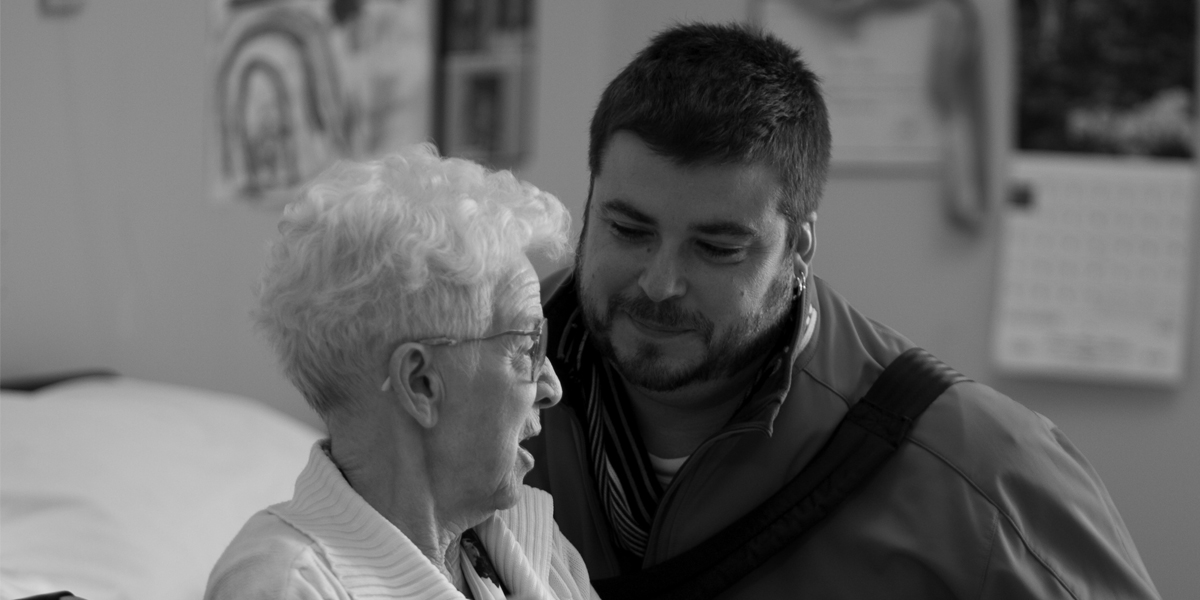A challenge for the Care Bill to cover housing
With the Care Bill currently being debated in Parliament, all the problems of our ageing society are highlighted once again. Local authorities are running out of money to meet social care costs. The NHS is struggling to cope with the...
With the Care Bill currently being debated in Parliament, all the problems of our ageing society are highlighted once again. Local authorities are running out of money to meet social care costs. The NHS is struggling to cope with the health care consequences of the huge increase in numbers of older people (as well as younger disabled adults whose life expectancy has risen). Many pensioners say how lonely they are. A lot of doom and gloom.
But this is not the real story of our longer lives. Yes, we are living to 80 instead of under 50 a hundred years ago. But most of our extra decades are years of healthy life. And as the Fabian Society’s Andrew Harrop points out in his contribution to the Hanover@50Debate, those over retirement age have fared better than those of working age during the recent time of austerity.
For example, incomes for the average person in their 60’s have held up, not least helped by tax concessions for older people and non-means tested privileges. And most wealth – particularly in housing – is held by older people while the next generation faces acute housing problems.
Eight other think tanks contributed to the Hanover@50Debate. As chair of the Hanover Housing Association (which looks after some 19,000 homes for older people), I have written the final contribution to be published in November.
Perhaps surprisingly, my piece is not entitled ‘More resources needed for care’ (although that sentiment is fully justified). Instead I have chosen ‘Our Extended Middle Age’ because that is the new reality for our ageing society.
Missing the middle is missing the point. It is in this extended middle age – when people should not expect either condescension or concessions – that we get the opportunity to reduce their chances of needing long-term care, especially in relation to housing. This is vitally important – housing is the pivotal issue for preventing and pre-empting the need for care; or for pushing us into a dependency on care provision.
In recent weeks I have been moving a series of amendments to the Care Bill, all aimed at raising the profile of housing. While the Bill has sought to integrate social care and health services, it is vital also to include housing services. Unsuitable accommodation creates the need for home care or forces people into residential care. It causes accidents, even mental health problems. Unsuitable housing means people cannot be discharged from hospital because the home – up steps or with the only loo upstairs, or unfit for a wheelchair, or simply cold and damp – will not have them back.
Switching funds from NHS budgets to help pay for new retirement accommodation, Care and Repair agencies and handy person services can prevent the need for much greater spending on lengthy stays in hospital and unwanted years in residential care.
There are welcome signs that all the political parties are beginning to recognise the significance of joining up social care and health services with housing. The new local authority Health and Well-being Boards are getting this message. And the amendments now made to the Care Bill will help.
But it is also up to all of us, as we move into our extended middle age, to get ready for those later years. Downsizing from a three-bed house on two floors with a garden, before this gets expensive, unmanageable, inaccessible, and sometimes very lonely, is likely to make a lot of sense.
And, really importantly, a voluntary move frees up family housing for the next generation – in an infinitely better way than by imposing a cruel bedroom tax on those unable to downsize.
